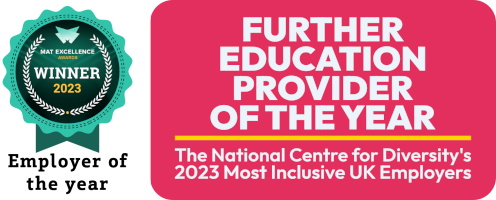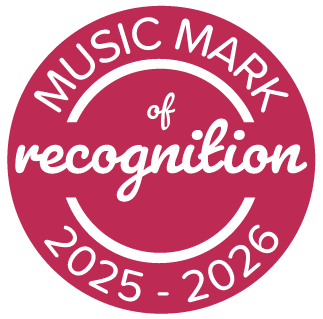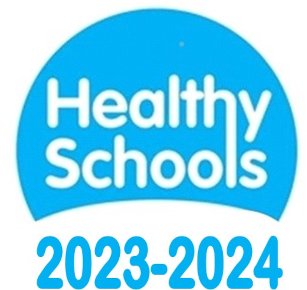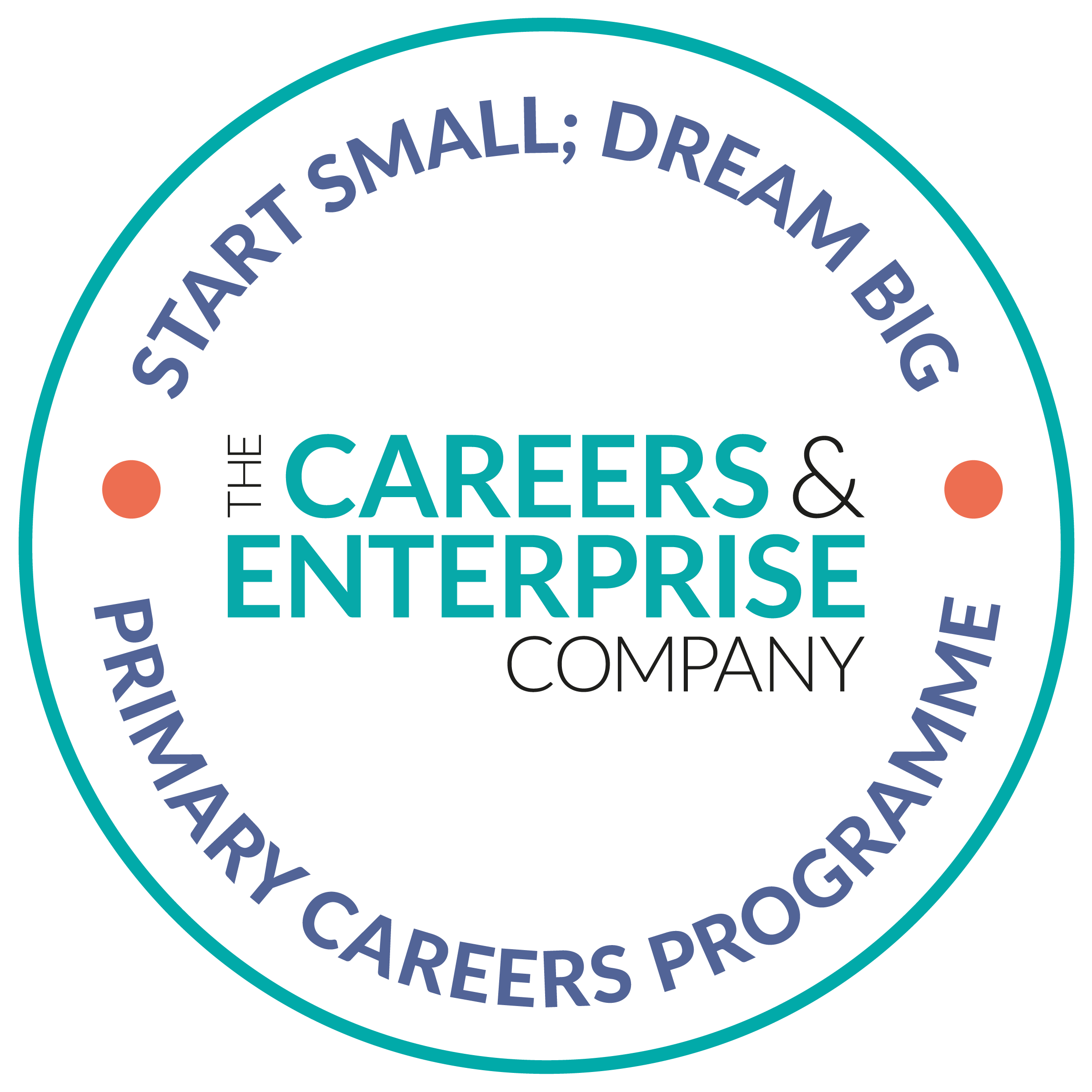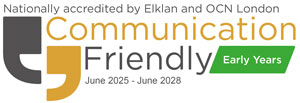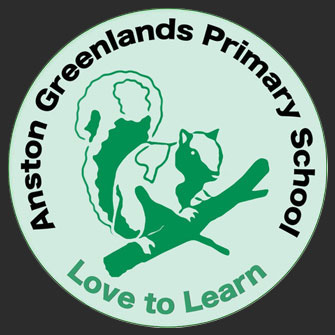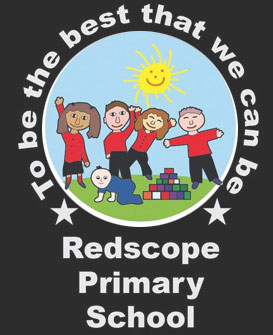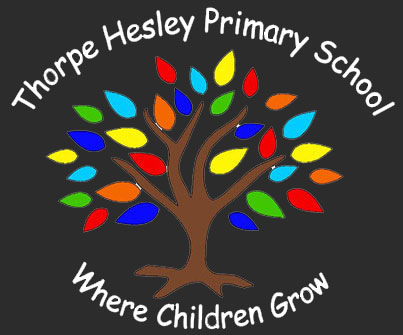Here at Thorpe Helsey Primary School, we are very passionate about history and feel it is crucial for our children to learn about the past. We feel history provides children with a context to understand themselves and others. This in turn develops connections, empathy and tolerance as well as respect.
Our history curriculum is bespoke and has been developed by staff using the National Curriculum as a basis. The key principles on which this is based is that it is real, relevant and engaging.
History is taught at Thorpe Helsey Primary School from EYFS to Year 6. They are usually used as the topic drivers for the half termly/termly topics for each year group.
History is taught during the afternoon sessions however where possible reading, writing and maths are linked to the topic. This is especially evident with our class novels.
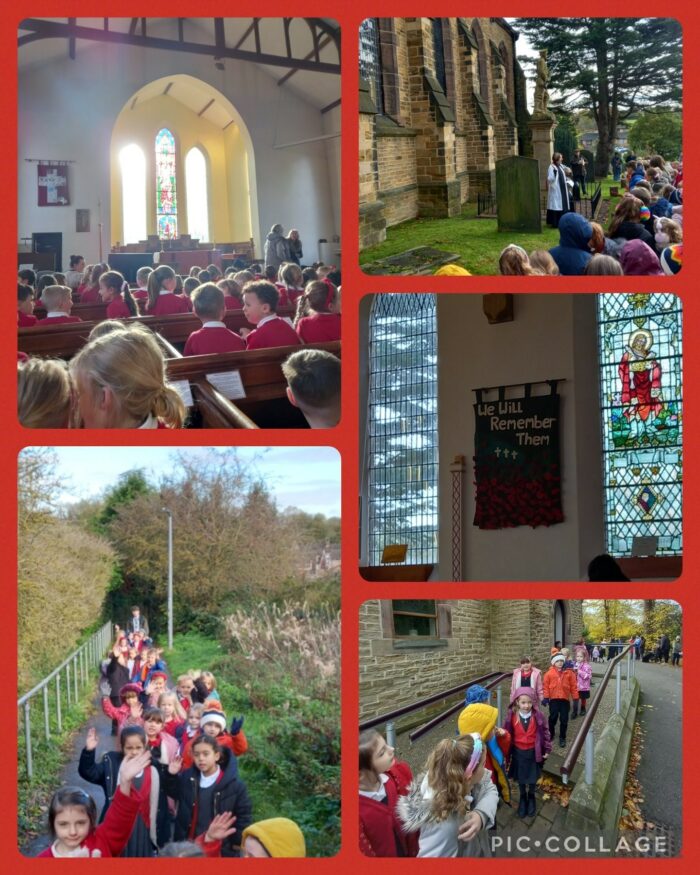
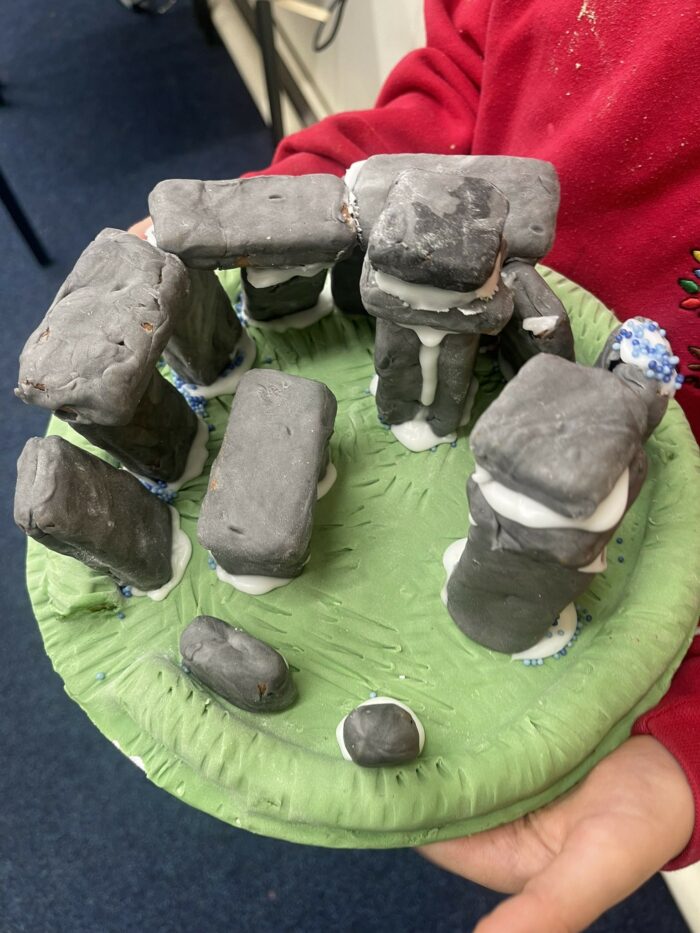
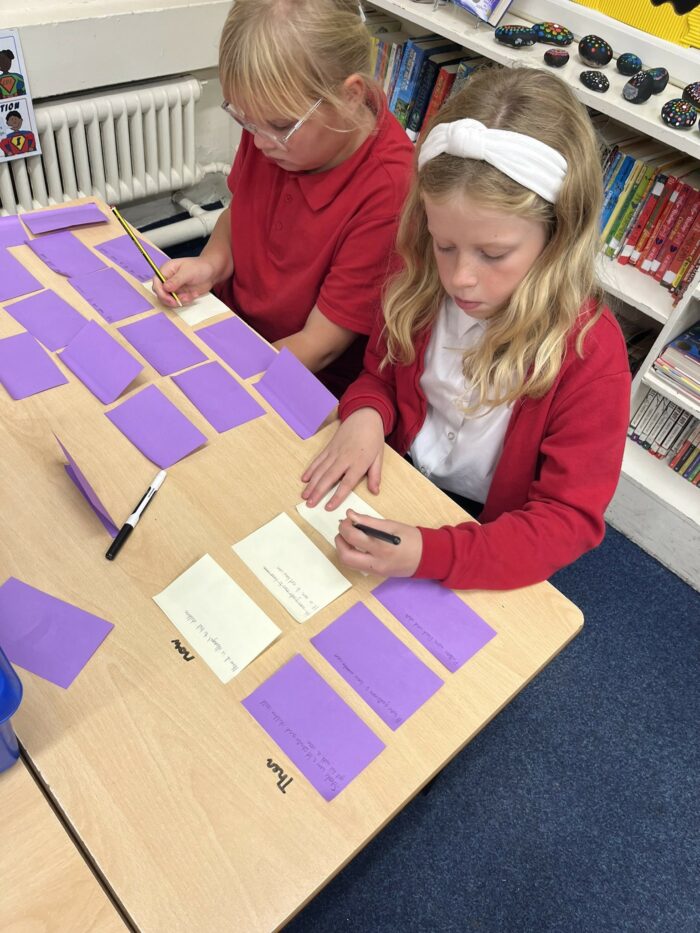
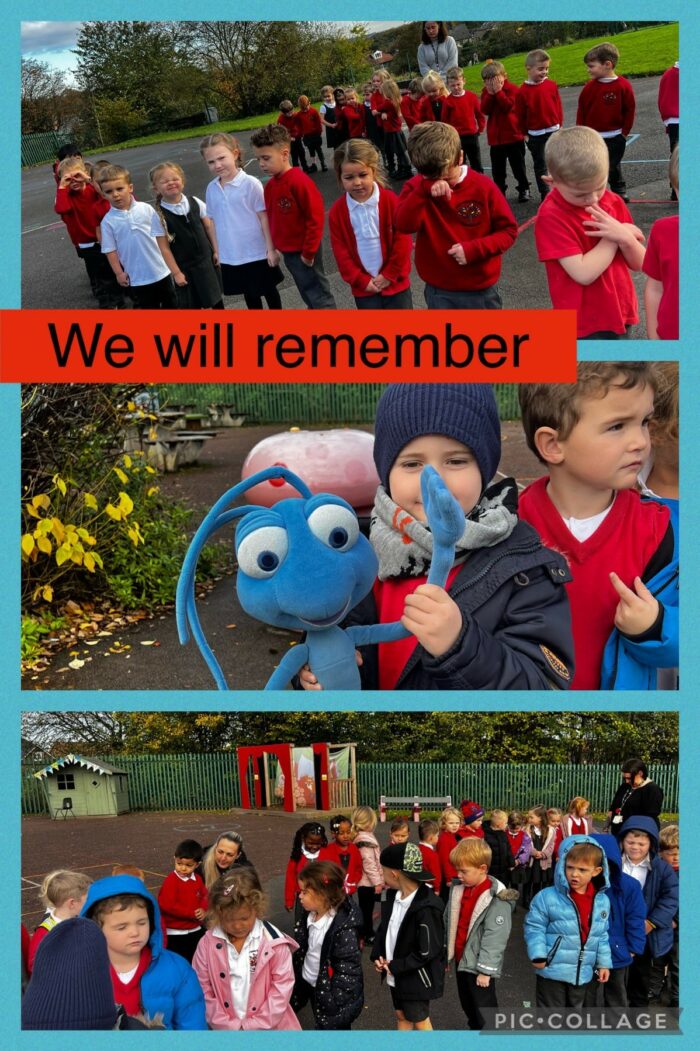
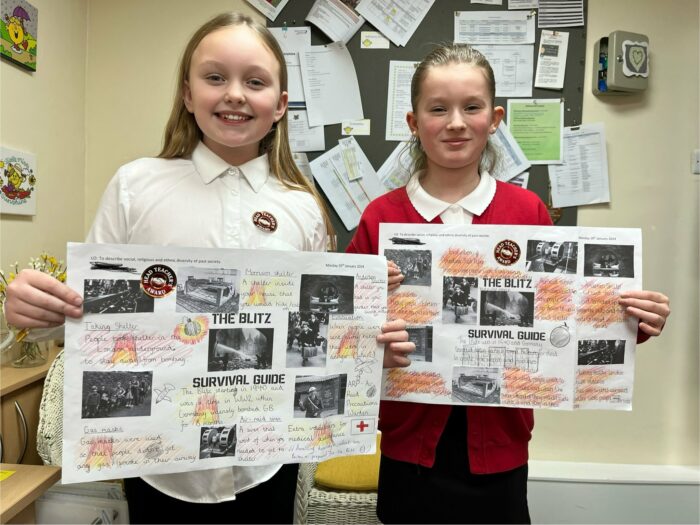
Overview by Stage
Understanding the World EYFS
Past and Present ELG
Children at the expected level of development will:
- Talk about the lives of the people around them and their roles in society;
- Know some similarities and differences between things in the past and now, drawing on their experiences and what has been read in class;
- Understand the past through settings, characters and events encountered in books read in class and storytelling
Key Stage 1
The National Curriculum for history aims to ensure that all pupils:
- know and understand the story of these islands: how the British people shaped this nation and how Britain influenced the world
- know and understand British history as a coherent, chronological narrative, from the story of the first settlers in these islands to the development of the institutions which govern our lives today
- know and understand the broad outlines of European and world history: the growth and decline of ancient civilisations; the expansion and dissolution of empires; the achievements and follies of mankind
- gain and deploy a historically-grounded understanding of abstract terms such as ‘empire’, ‘civilisation’, ‘parliament’ and ‘peasantry’
- understand historical concepts such as continuity and change, cause and consequence, similarity, difference and significance, and use them to make connections, draw contrasts, analyse trends, frame historically-valid questions and create their own structured accounts, including written narratives and analyses
- understand how evidence is used rigorously to make historical claims, and discern how and why contrasting arguments and interpretations of the past have been constructed
- gain historical perspective by placing their growing knowledge into different contexts, understanding the connections between local, regional, national and international history; between cultural, economic, military, political, religious and social history; and between short- and long-term timescales.
Pupils should begin to develop an awareness of the past and the ways in which it is similar to and different from the present. They should understand simple subject-specific vocabulary relating to the passing of time and begin to develop an understanding of the key features of a range of different events and historical periods.
Pupils should be taught about:
- simple vocabulary relating to the passing of time such as ‘before’, ‘after’, ‘past’, ‘present’, ‘then’ and ‘now’
- the concept of nation and of a nation’s history
- concepts such as civilisation, monarchy, parliament, democracy, and war and peace that are essential to understanding history
- the lives of significant individuals in Britain’s past who have contributed to our nation’s achievements – scientists such as Isaac Newton or Michael Faraday, reformers such as Elizabeth Fry or William Wilberforce, medical pioneers such as William Harvey or Florence Nightingale, or creative geniuses such as Isambard Kingdom Brunel or Christina Rossetti
- key events in the past that are significant nationally and globally, particularly those that coincide with festivals or other events that are commemorated throughout the year
- significant historical events, people and places in their own locality.
Key Stage 2
The National Curriculum for history aims to ensure that all pupils:
- know and understand the story of these islands: how the British people shaped this nation and how Britain influenced the world
- know and understand British history as a coherent, chronological narrative, from the story of the first settlers in these islands to the development of the institutions which govern our lives today
- know and understand the broad outlines of European and world history: the growth and decline of ancient civilisations; the expansion and dissolution of empires; the achievements and follies of mankind
- gain and deploy a historically-grounded understanding of abstract terms such as ‘empire’, ‘civilisation’, ‘parliament’ and ‘peasantry’
- understand historical concepts such as continuity and change, cause and consequence, similarity, difference and significance, and use them to make connections, draw contrasts, analyse trends, frame historically-valid questions and create their own structured accounts, including written narratives and analyses
- understand how evidence is used rigorously to make historical claims, and discern how and why contrasting arguments and interpretations of the past have been constructed
- gain historical perspective by placing their growing knowledge into different contexts, understanding the connections between local, regional, national and international history; between cultural, economic, military, political, religious and social history; and between short- and long-term timescales.
Pupils should be taught about the ancient civilisations of Greece and Rome.
In addition, across Key Stages 2 and 3, pupils should be taught the essential chronology of Britain’s history. This will serve as an essential frame of reference for more in-depth study. Pupils should be made aware that history takes many forms, including cultural, economic, military, political, religious and social history. Pupils should be taught about key dates, events and significant individuals. They should also be given the opportunity to study local history.
Pupils should be taught the following chronology of British history sequentially:
- early Britons and settlers, including:
- the Stone, Bronze and Iron Ages
- Celtic culture and patterns of settlement
- Roman conquest and rule, including:
- Caesar, Augustus, and Claudius
- Britain as part of the Roman Empire
- the decline and fall of the Western Roman Empire
- Anglo-Saxon and Viking settlement, including:
- the Heptarchy
- the spread of Christianity
- key developments in the reigns of Alfred, Athelstan, Cnut and Edward the
- Confessor
- the Norman Conquest and Norman rule, including:
- the Domesday Book ? feudalism
- Norman culture
- the Crusades
- Plantagenet rule in the 12th and 13th centuries, including:
- key developments in the reign of Henry II, including the murder of Thomas Becket
- Magna Carta
- de Montfort’s Parliament
- relations between England, Wales, Scotland and France, including:
- William Wallace
- Robert the Bruce
- Llywelyn and Dafydd ap Gruffydd
the Hundred Years War
- life in 14th-century England, including:
- chivalry
- the Black Death
- the Peasants’ Revolt
- the later Middle Ages and the early modern period, including:
- Chaucer and the revival of learning
- Wycliffe’s Bible
- Caxton and the introduction of the printing press ? the Wars of the
- Roses
- Warwick the Kingmaker
- the Tudor period, including religious strife and Reformation in the reigns of Henry VIII, Edward VI, and Mary
- Elizabeth I’s reign and English expansion, including:
- colonisation of the New World
- plantation of Ireland
- conflict with Spain
- the Renaissance in England, including the lives and works of individuals such as Shakespeare and Marlowe
- the Stuart period, including:
- the Union of the Crowns
- King versus Parliament
- Cromwell’s commonwealth, the Levellers and the Diggers ? the restoration of the monarchy
- the Great Plague and the Great Fire of London
- Samuel Pepys and the establishment of the Royal Navy
- the Glorious Revolution, constitutional monarchy and the Union of the Parliaments.
Useful Links and Resources
Here are our policies related to history teaching and some useful websites to help children learn more about history.


